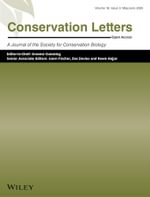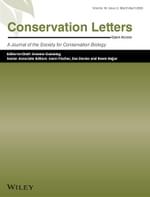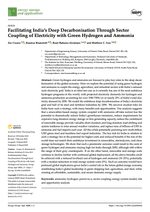This project investigates the susceptibility of jobs to computerisation and particularly which features of a job determine the probability of computerisation. This is achieved by using Gaussian Process Classification. A set of labelled occupations is used to train and test the model and the effect of using different feature sets is explored. Feature selection in the form of greedy selection is used to find the feature set that achieves the best classification and thereby find the features that are most significant when determining if a job can be computerised. It is concluded that the most important feature is Originality and the best feature set for classifying the data in this project consists of Originality and Service Orientation. Furthermore, experiments are performed using linear embedding methods for feature learning. However, these experiments fail to prove that better classification can be achieved using this method.
The Future of Work: Machine Learning and Employment
29 November 2015
Other Recent Journal Article / Working Papers

Water temperature regulations could help to balance biodiversity and energy security

An aspirational approach to planetary futures

Resolving Uncertainties in the Legality of Wildlife Trade to Support Better Outcomes for Wildlife and People

Protect the Integrity of CITES: Lessons From Japan's IWC Withdrawal to Keep Polarization From Tearing CITES Apart
Controlled Catalysis Delivering High Molecular Weight Polyesters as Recyclable Alternatives to Polystyrenes

Facilitating India’s Deep Decarbonisation Through Sector Coupling of Electricity with Green Hydrogen and Ammonia